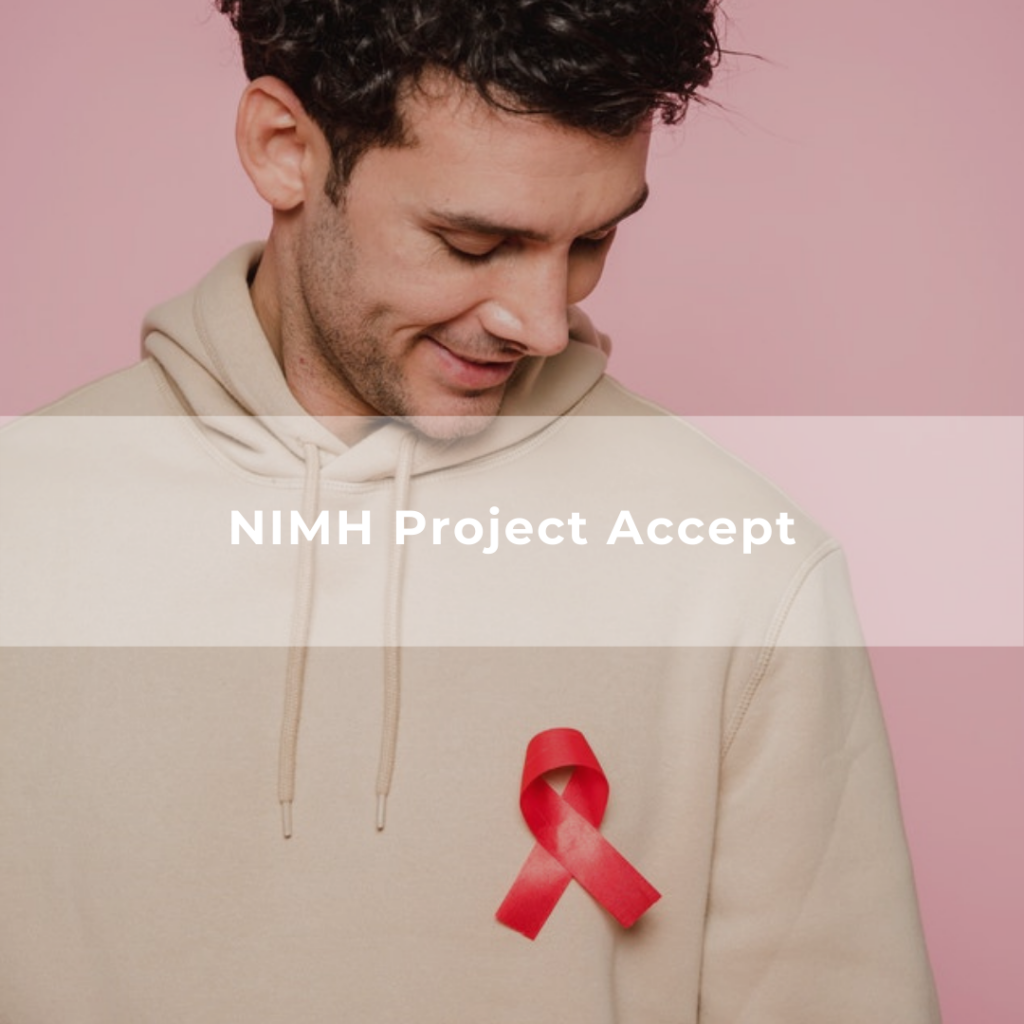
Project Accept is a Phase III randomized controlled trial of community mobilization, mobile testing, same-day results, and post-test support for HIV in in sub-Saharan Africa and Thailand. Thirty-four communities in Africa (South Africa, Tanzania, and Zimbabwe) and 14 communities in Thailand are randomized to receive either a community-based HIV voluntary counseling and testing (CBVCT) intervention plus standard clinic-based VCT (SVCT), or SVCT alone. The CBVCT intervention has three major strategies: (1) to make VCT more available in community settings; (2) to engage the community through outreach; and (3) to provide post-test support. These strategies are designed to change community norms and reduce risk for HIV infection among all community members, irrespective of whether they participated directly in the intervention.
Research Methods:
- Community Engagement
- Baseline Behavioral Assessment
- Community Matching
- Qualitative Assessment
- Community Mapping and Ethnography
- In-Depth Interviews
- CBVCT Communities
- Community Mobilization
- Easy Access to VCT
- Post-Test Support Services
- Quality Assurance
- Control Communities
- Clinic-Based VCT
- Quality Assurance
- Post-Intervention Assessment
- Post-Intervention Biological Assessment
- Post-Intervention Behavioral Assessment
- Cost-Effectiveness Analysis
From the perspective of national AIDS control planners in hard-hit countries, evidence-based strategies that have maximum epidemic impact are critically needed. These planners need interventions that are sustainable and can be adapted to the context of their local cultures. This is the first randomized controlled Phase III trial to determine the efficacy of a behavioral/social science intervention with an HIV incidence endpoint in the developing world. Provided that we can document efficacy with regard to HIV incidence and incremental cost-effectiveness, we expect that resources for widespread implementation of community-based VCT will become available from USAID or the Global Fund. We have worked closely with representatives of national AIDS programs in the host countries to ensure that the intervention is sustainable even in countries with limited resources.
